One disastrous quake. two great aftershocks. Cecilia Mariscal, Cathedral Catholic junior, experienced one of the worst earthquakes in Japanese history – the magnitude 8.9 quake that occurred on March 11, 2011 and caused the terrible damage that is still ravaging the Japanese landscape and society.
“I experienced three big shakes, and plenty of smaller aftershocks afterwards,” said Cecilia. “It was terrible.”
It was her very first day in the country – her family had arrived there just the day before, and March 11 was the first real day they were around for sightseeing. Having never been to Japan before, Cecilia was excited to explore and discover what the beautiful country had to offer, but she never had the chance.
While dining at a restaurant in Tokyo, Cecilia and family felt the whole building begin to shake.
“That was the biggest earthquake I ever felt,” she said. “The shaking lasted for five minutes straight. It was horrible. We immediately ran outside, looking for an intersection, so we were out in the open, or at least not inside. The buildings never stopped moving; they were swaying back and forth the whole time.
“You would probably expect everyone to be panicking,” she said, “but the Japanese people were all dead silent. We were the only ones shouting.”
Once the shaking began to cease, Cecilia, her knees trembling, went back to the restaurant with her family, paid for their meal, and ran to the nearest park they could find. Expecting an aftershock, they stayed there. Finally, two hours later, the ground began to tremble once again.
“It was shaking so bad that if you stood up, you would definitely fall over,” said Cecilia.
As internet or cell phone signals remained inaccessible because of the quake, they remained in the park for another two hours, totaling a four hour unpleasant stay, watching the trees literally sway. To make matters worse, it began to rain, prompting the Mariscal family to run to their hotel, which was one mile away.
Trains had been put out of operation, and many people, unable to return home, crowded the hotel in need of a place to stay that night. Elevators were also not broken, so for three hours they were trapped in the crammed lobby of the hotel.
“I was utterly exhausted by the time we reached our room,” Cecilia said. “Our room was on the 24th floor, and at two a.m. in the morning, it started shaking . . . again. This time, it luckily didn’t last that long. We immediately starting packing, got our passports, and grabbed some water bottles, just in case. While we were running down 24 flights of stairs, it started up again. I was dying. It took us thirty minutes to get down.”
Cecilia had to spend another three hours in the lobby, all while noticing a very visible and very large crack in the wall.
“I learned later that the earthquake limit in Tokyo was a 5.5, and the limit of the hotel was only 5.6 – it could have easily fallen over.”
With two more days in Japan, Cecilia experienced earthquakes nonstop for the majority of the time – for a total of 120 aftershocks. Fruit, milk, and tap water were unavailable during this time, as radiation was feared to have seeped through into those resources and grocery stores were practically empty.
Though she was nowhere near the evacuation zone for the tsunami or nuclear radiation from the damaged Fukushima Daiichi nuclear plant, she heard of the disasters arising from the terrible quake. To avoid any more potentially detrimental events. her family finally decided to leave that Thursday, the very next day, instead of waiting until Sunday, their planned day of departure.
“It was so crazy and sad. While we were waiting in the airport, a news reporter from Spain interviewed my dad, because we were the only Spanish-speaking people there, and he didn’t want to sound like those people that were bleak or depressing. He was super positive. He praised the strong, optimist spirit of the Japanese people,” said Cecilia.
“Two days afterward, we got news of all the damage that earthquake had done,” she said. “It made me think about how unlucky we were to have been there the day it happened, but also how lucky we are that nothing serious happened to us while we were there. I feel bad for the Japanese people and all that they’re going through, but we just have to stay positive for the best outcome possible.”



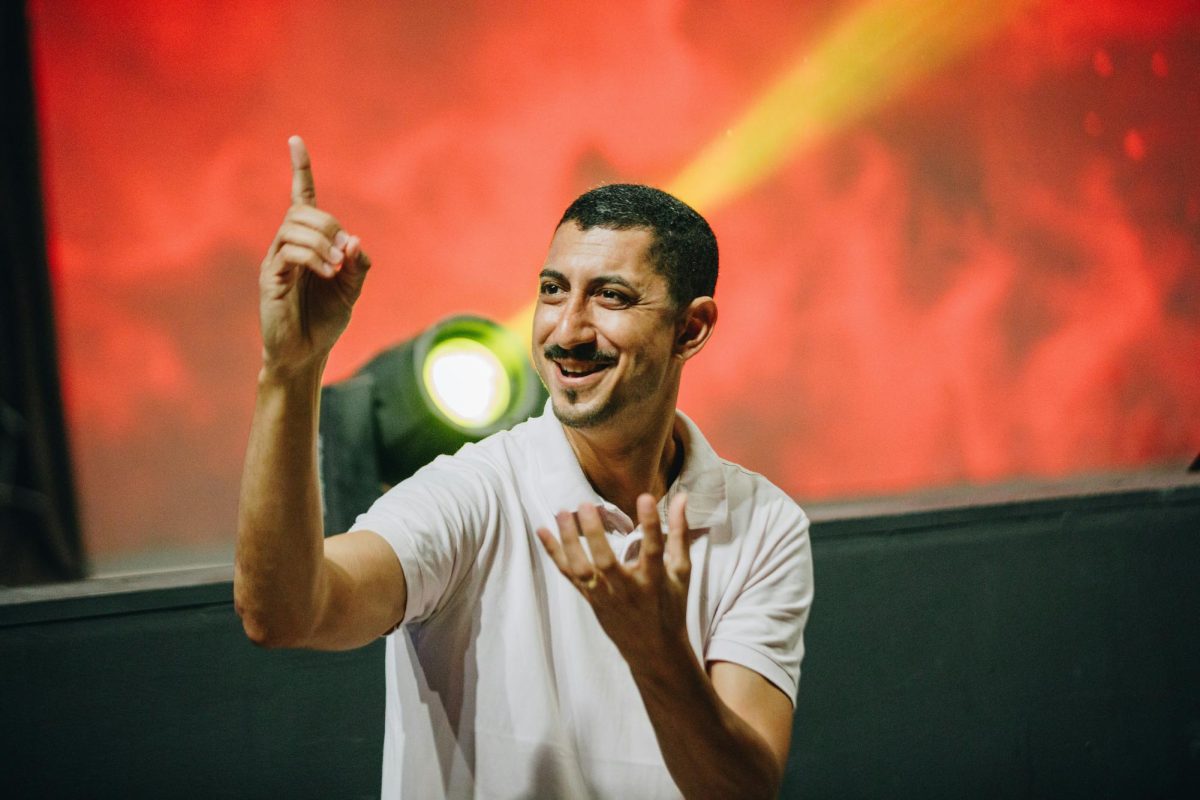

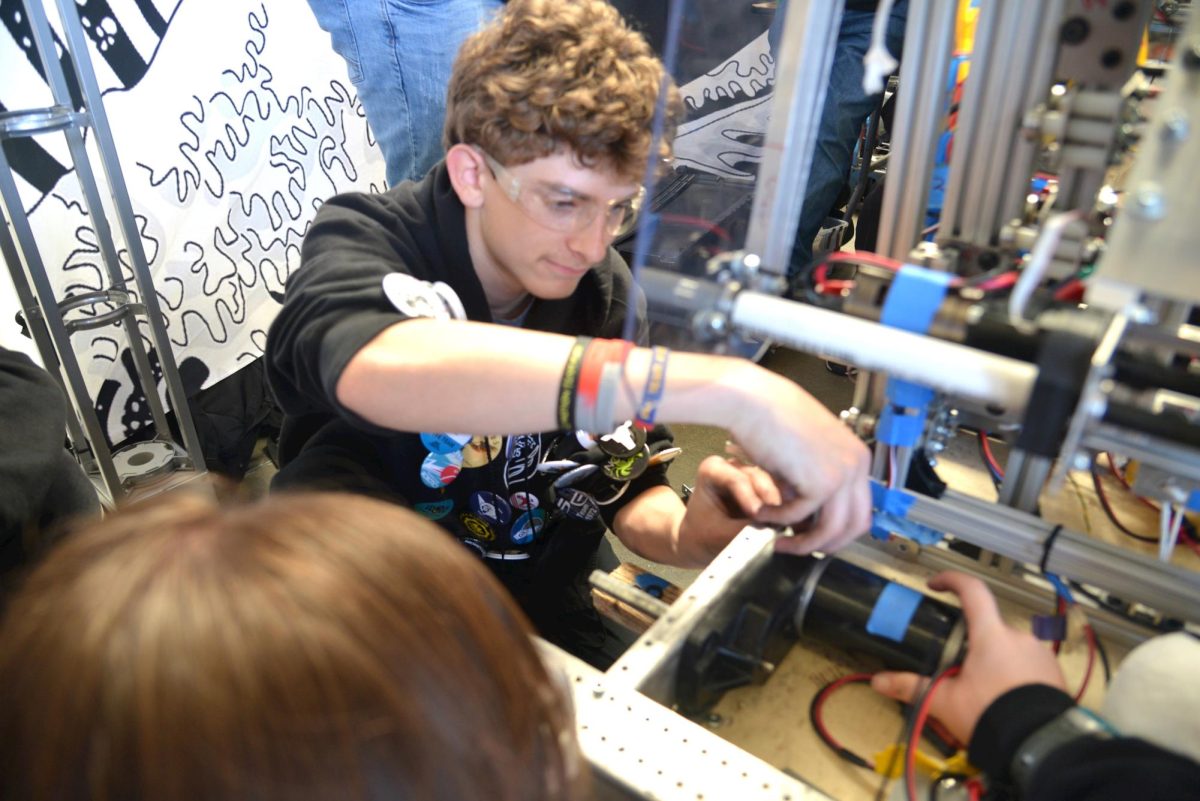
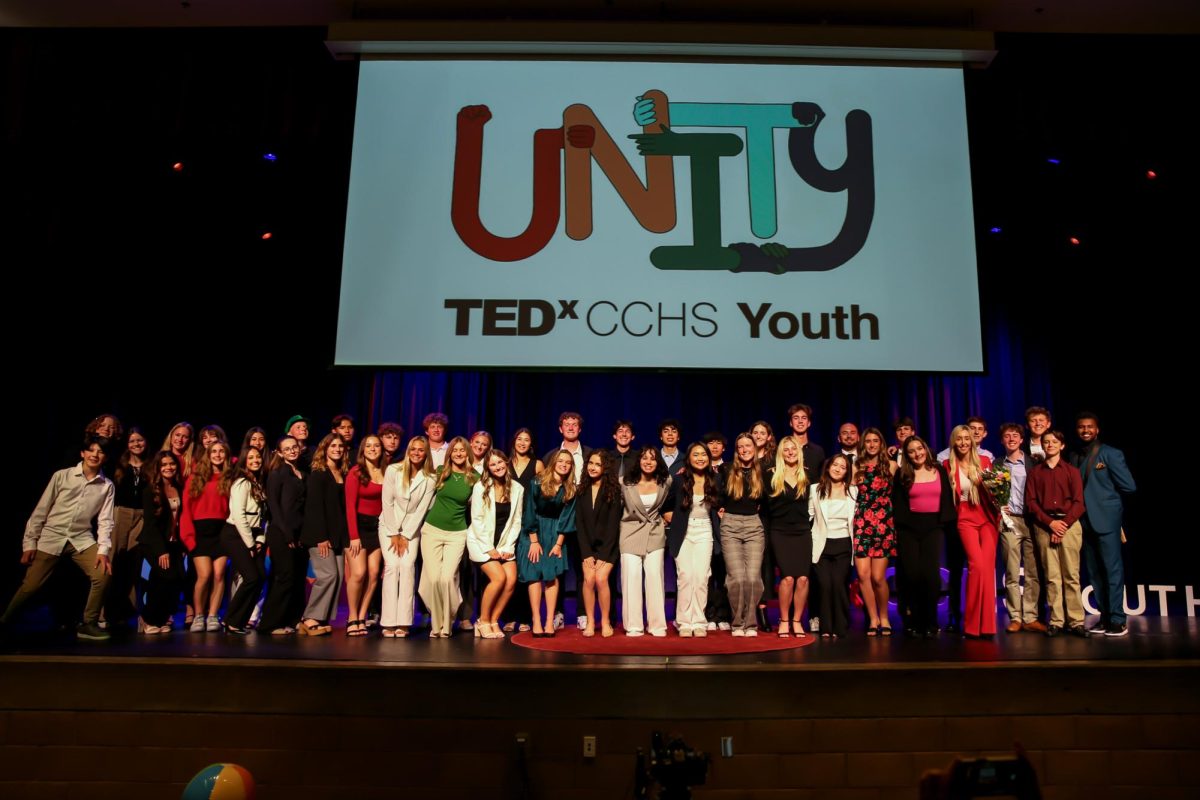


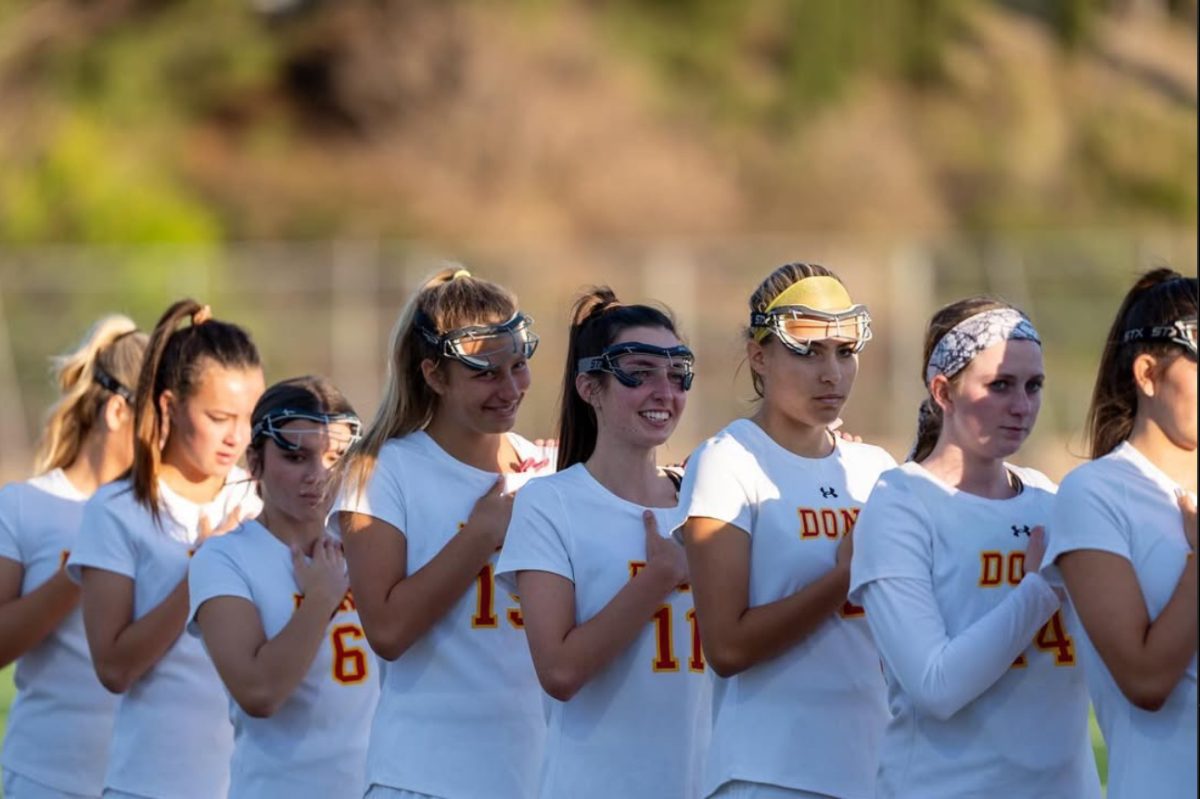
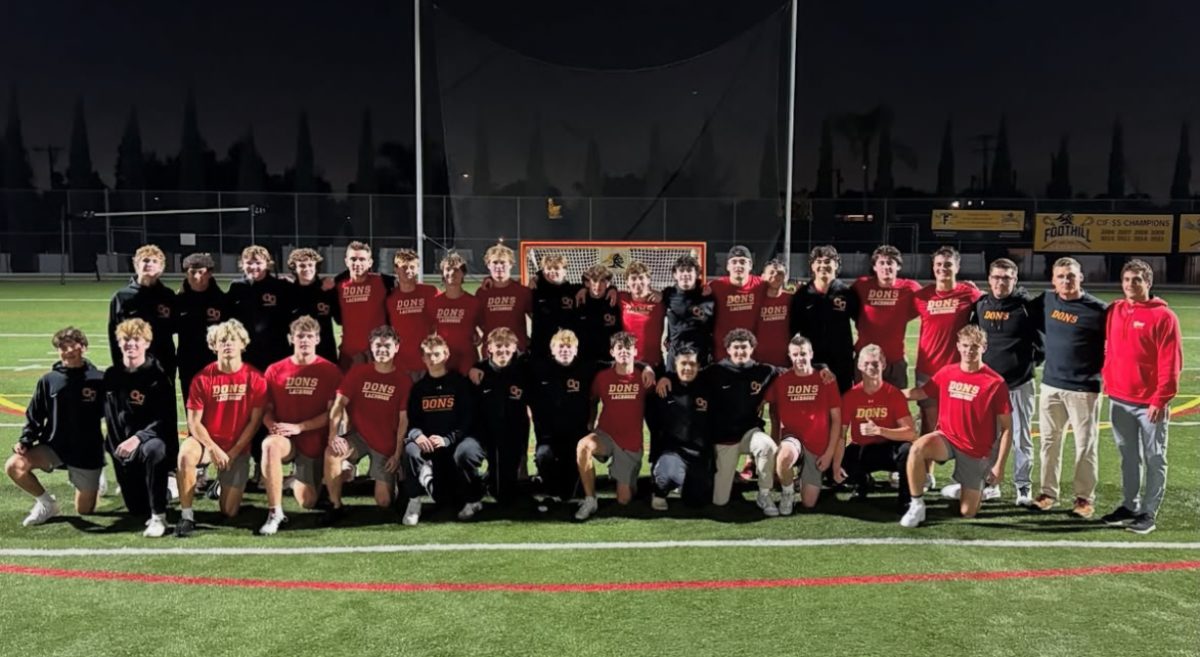


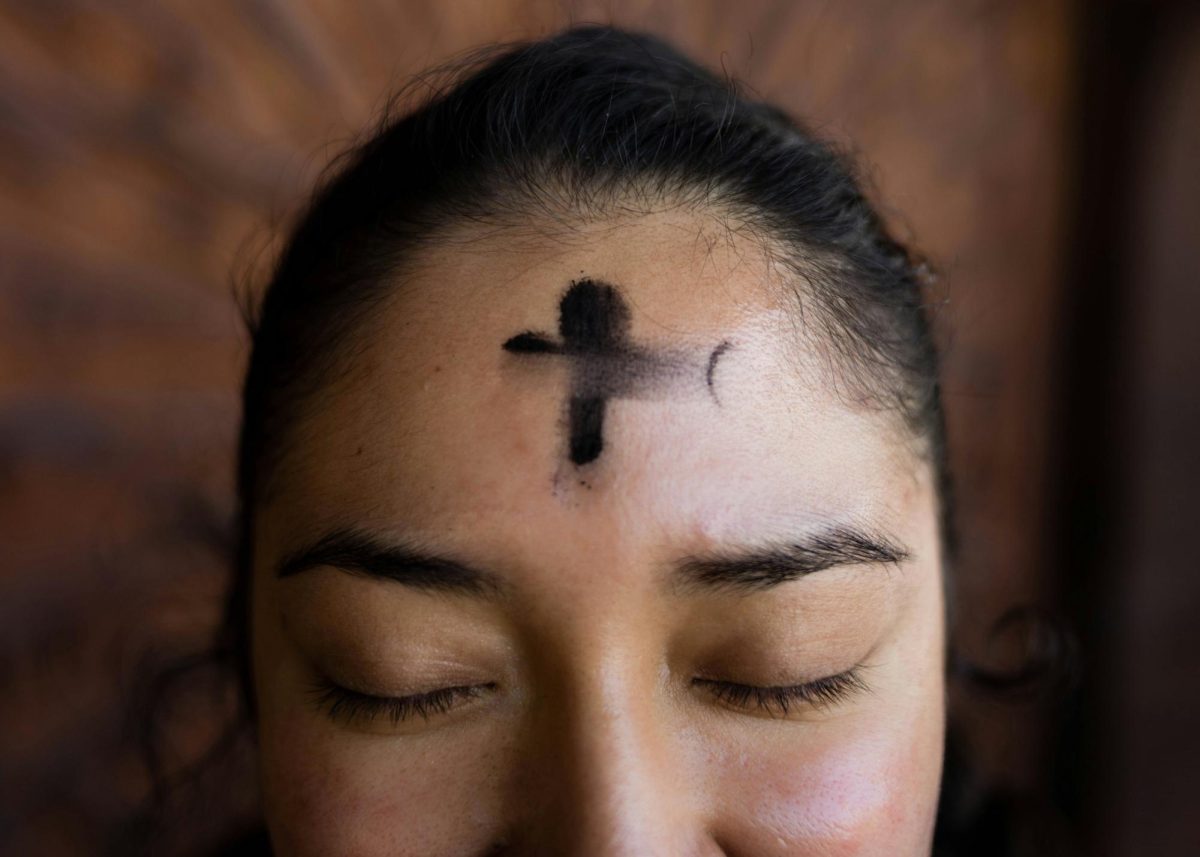

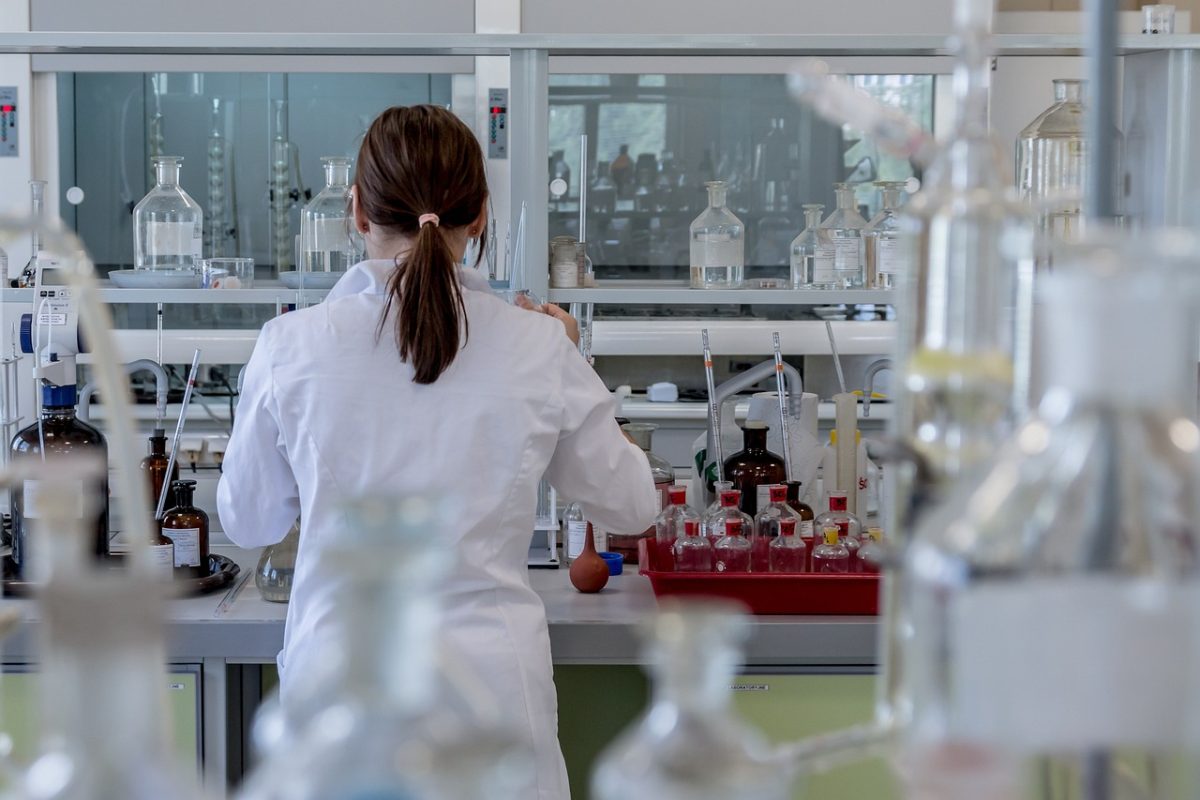
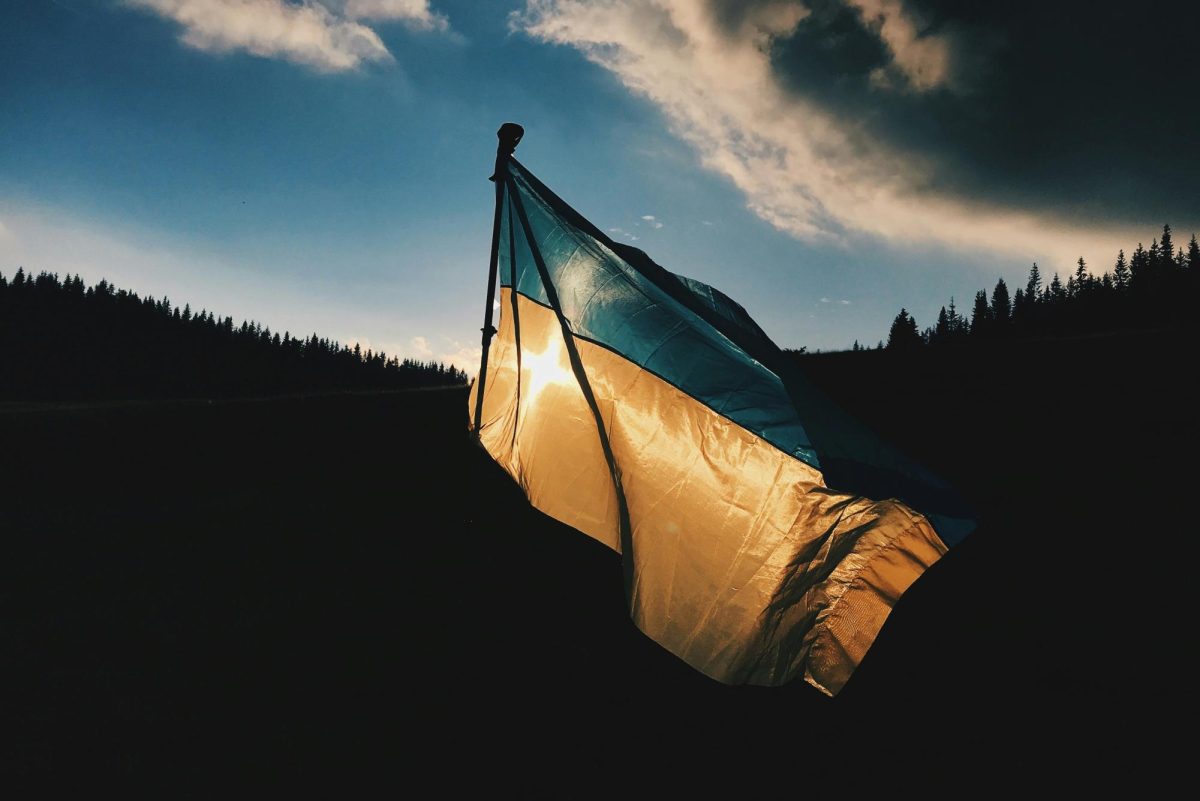
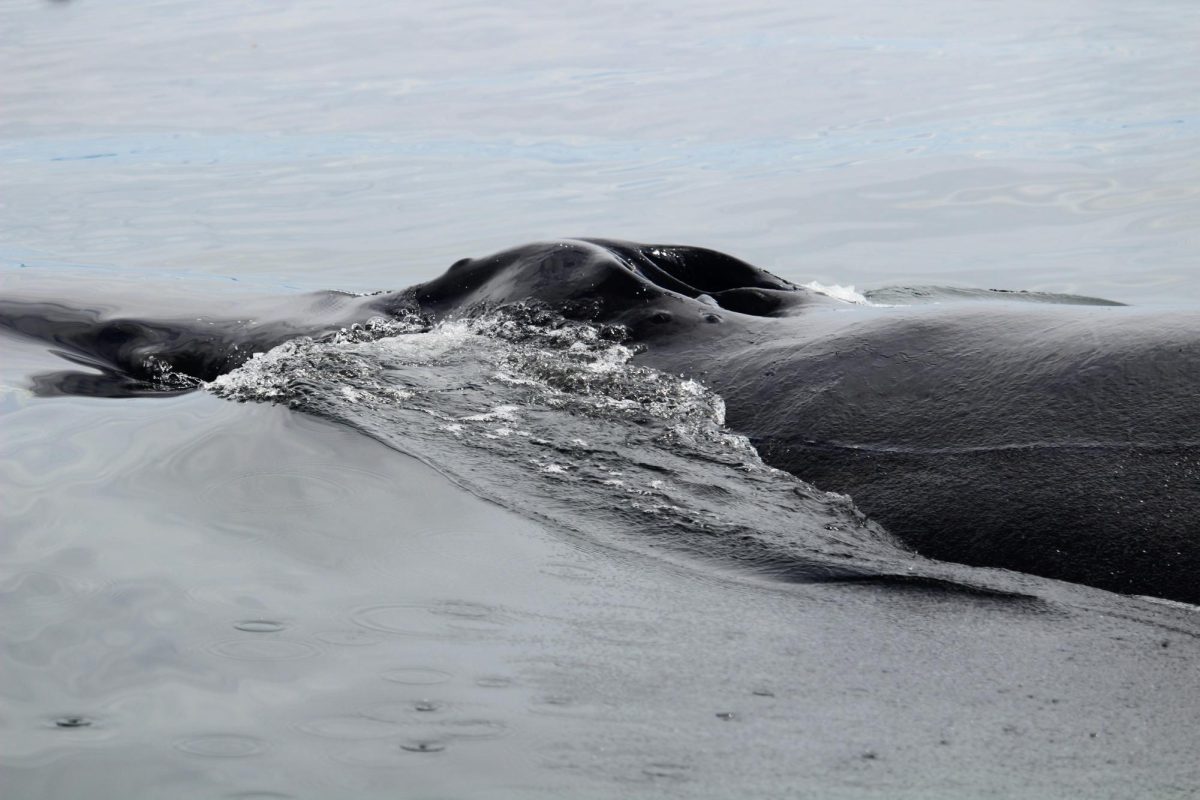

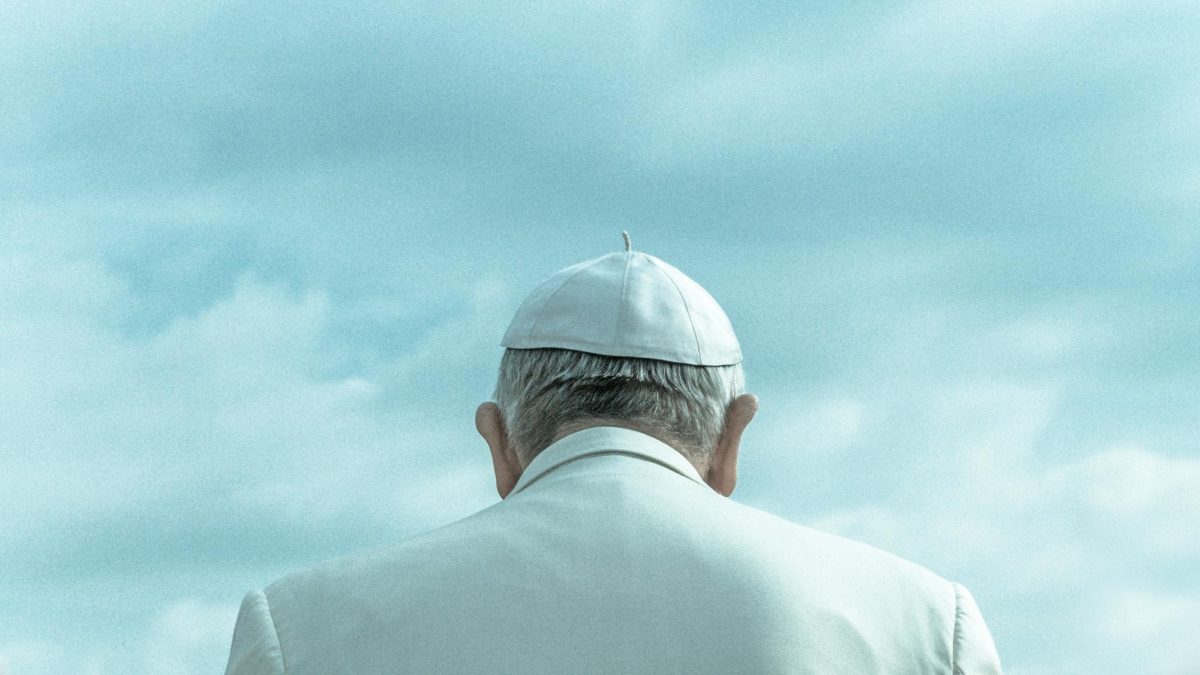
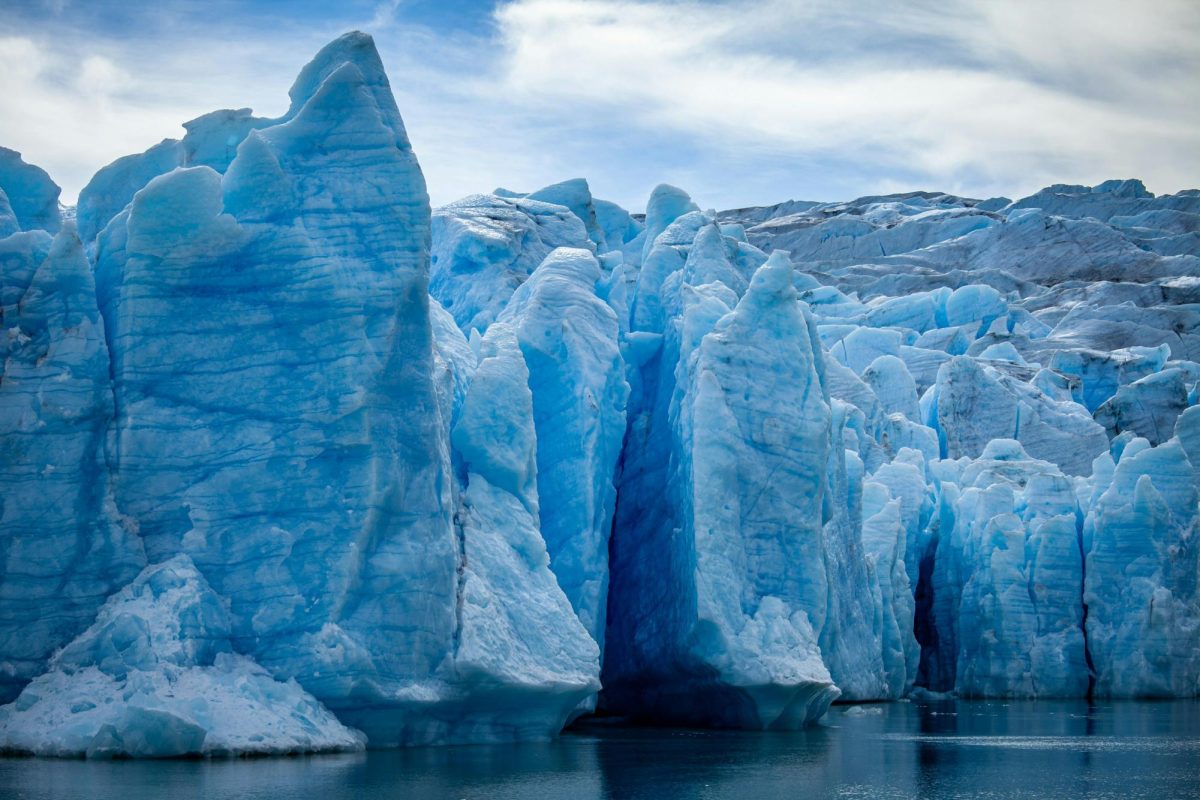











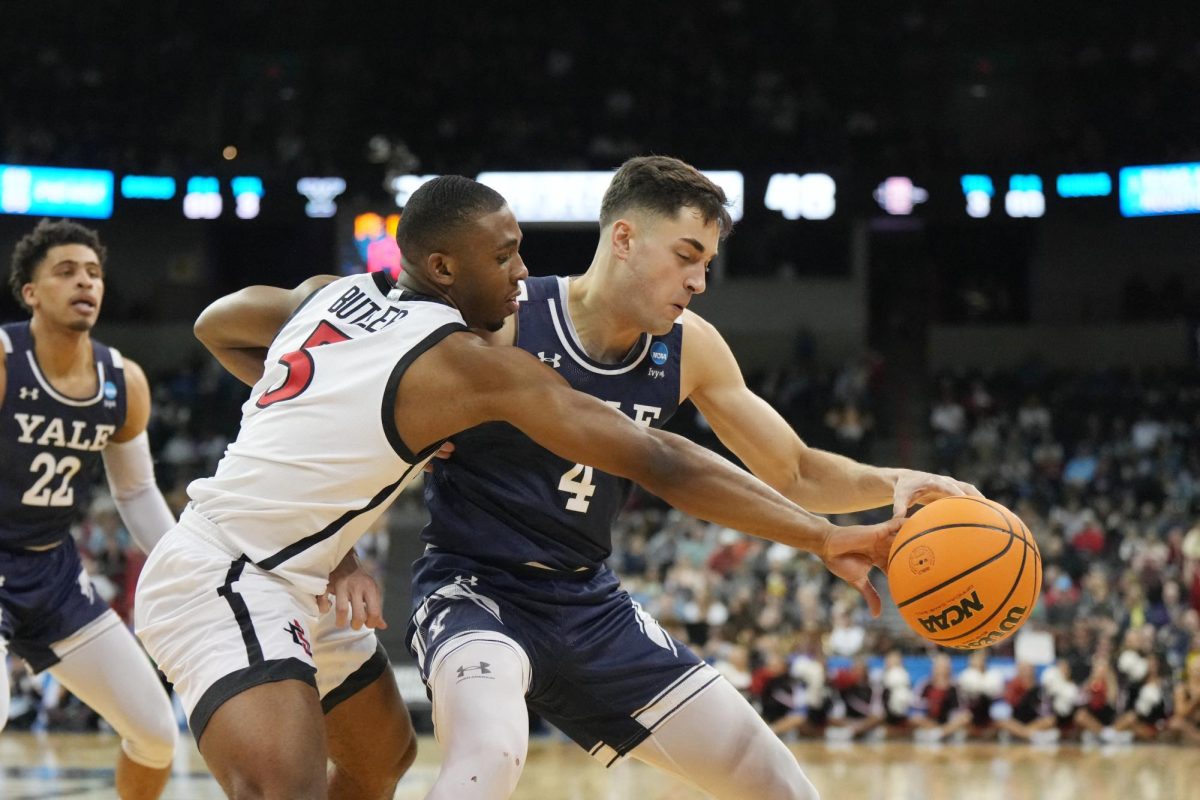
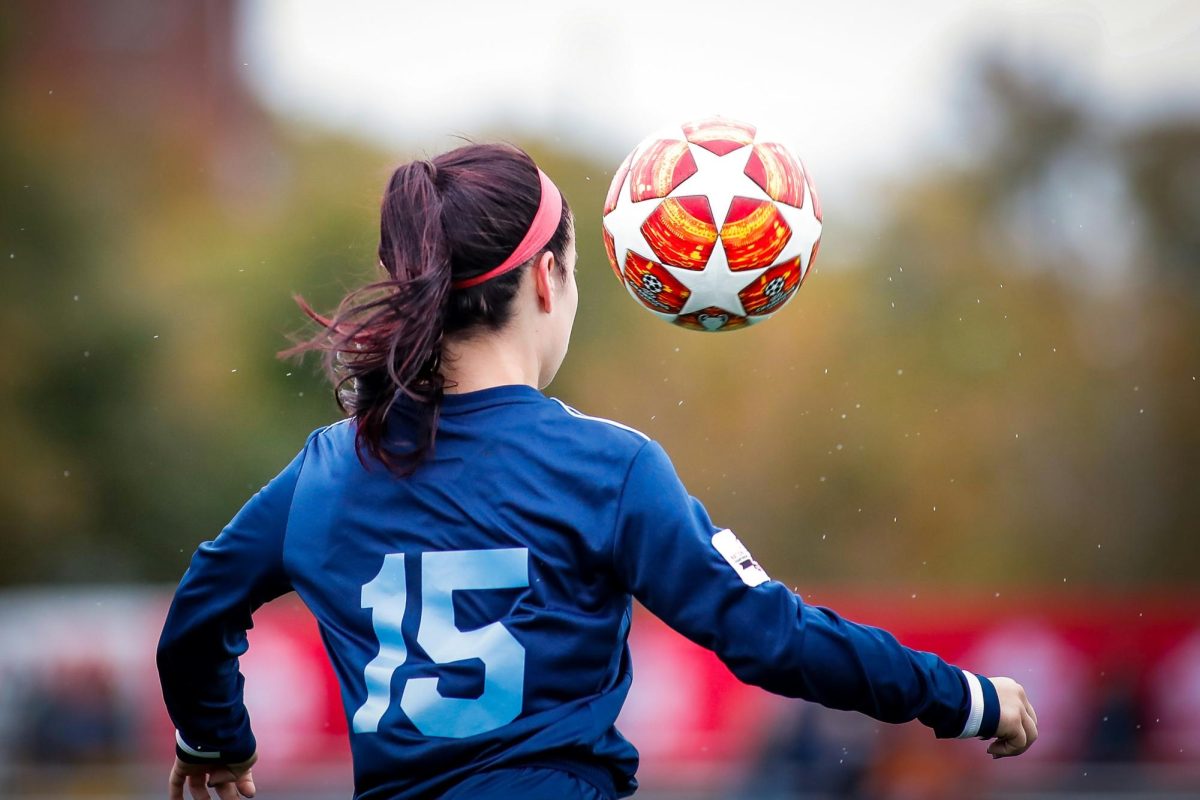












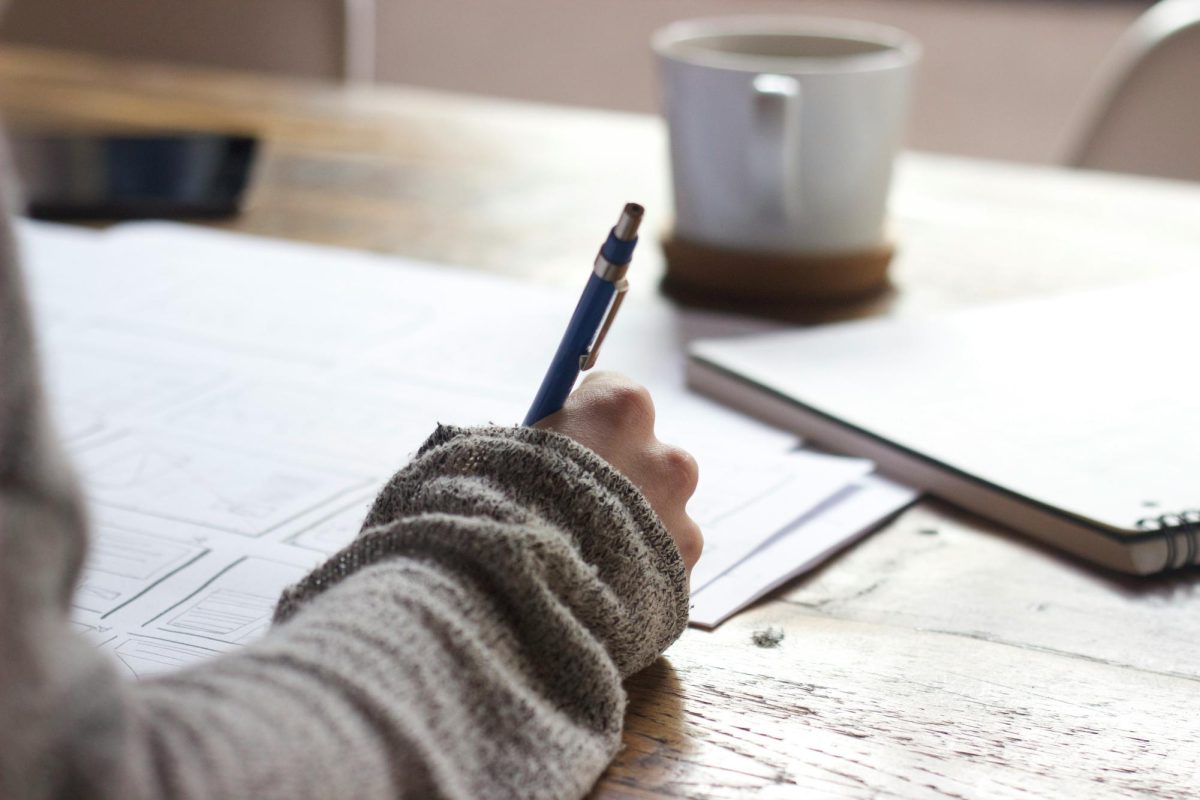






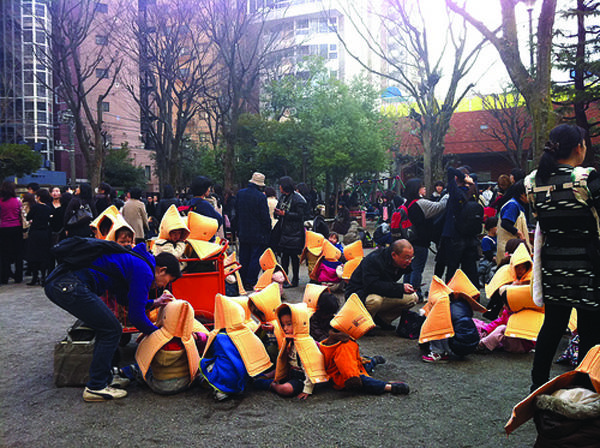
John Fischer • Apr 18, 2011 at 11:56 PM
Great perspective on this terrible earthquake, upgraded to a 9.0 as more damage was discovered. Even a month later the consequences are being heavily felt throughout Japan. I can only fear the effect it will have on their economy and society. It’s both shocking and relieving that Cecilia and her family all made it out okay, considering the tremendous gravity of the event. I also think we should have a school collection to send money to organizations helping out the cause there as Japan attempts to recover. All the best for them.